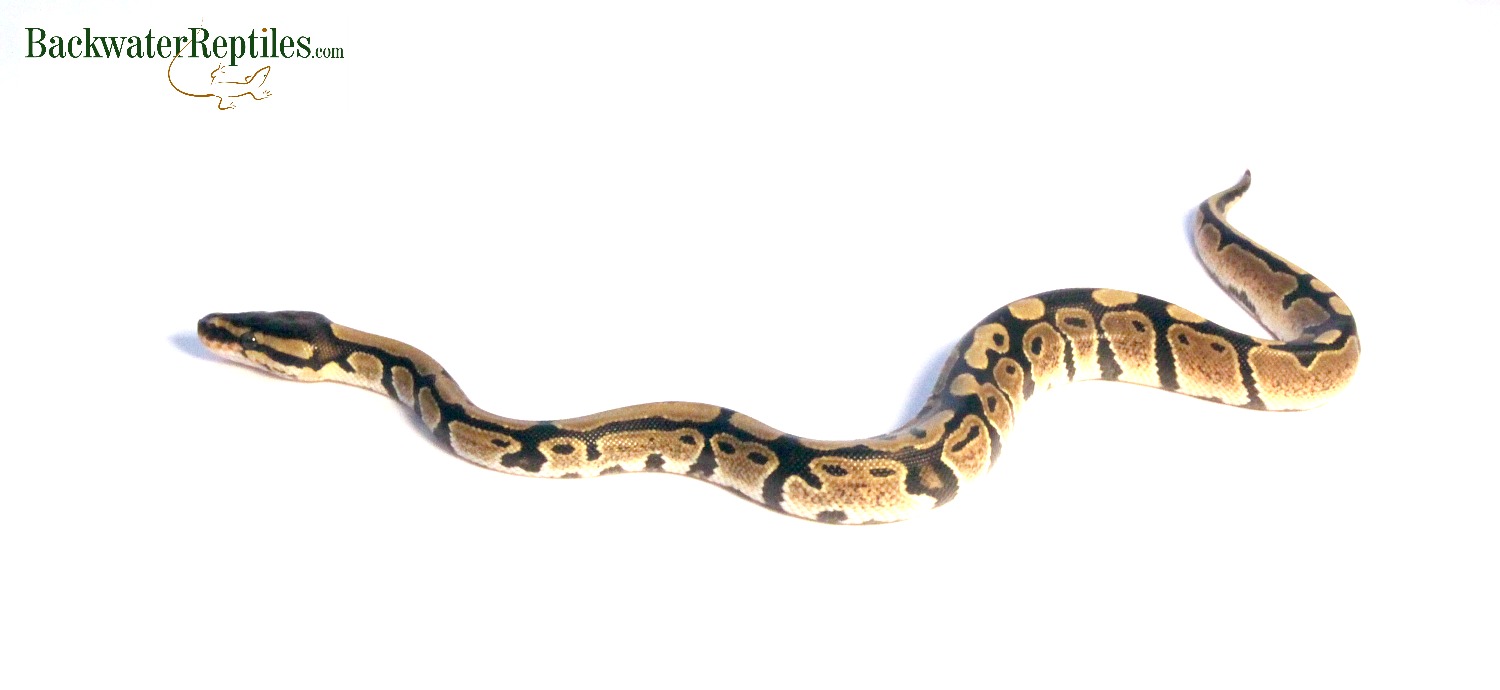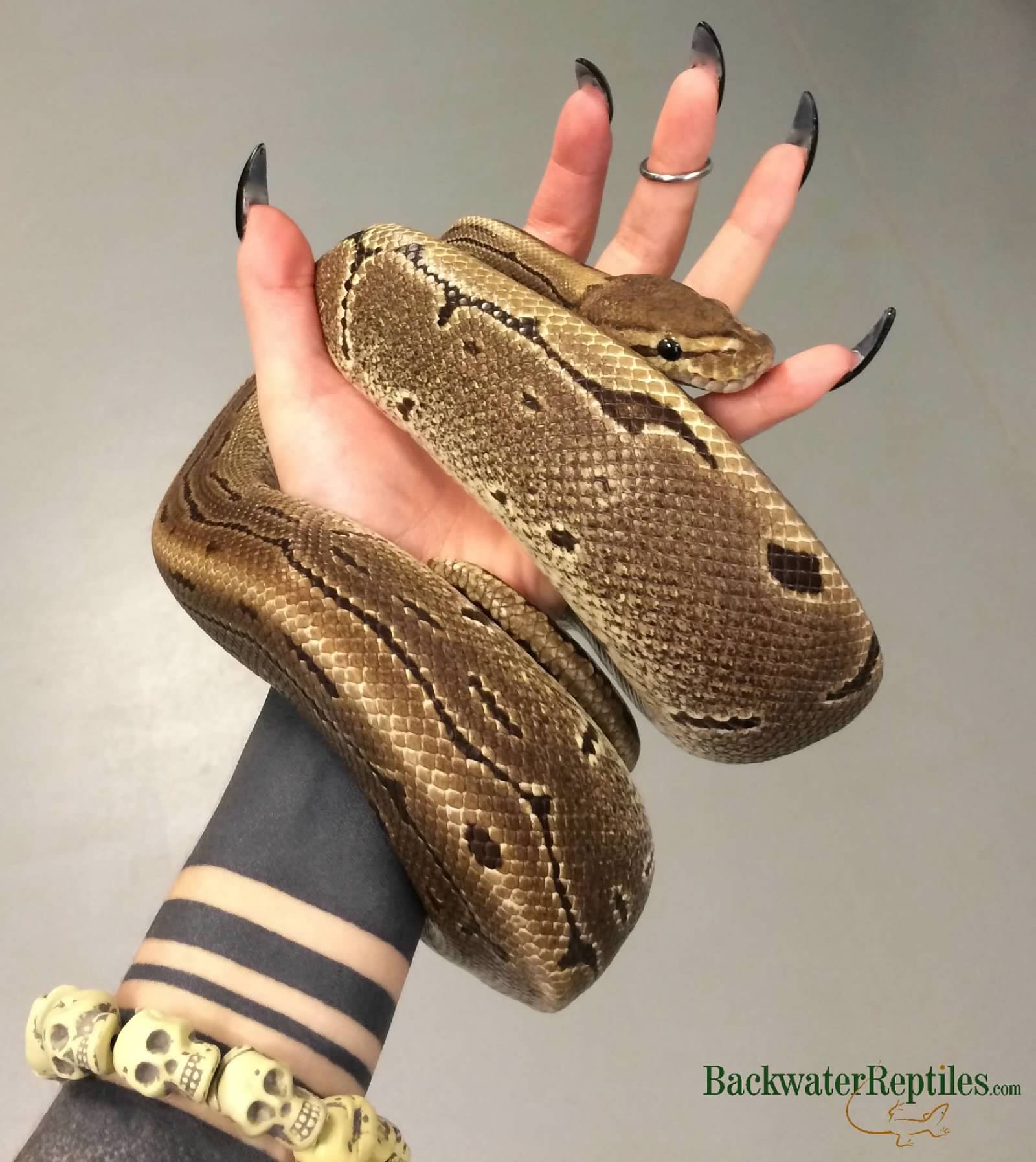
How long can a ball python go without eating?
Unfortunately, ball pythons can be picky eaters at times. For instance, it’s not uncommon for them to become lethargic, dull-colored and refuse to eat several days before they shed. Other times, you might encounter a ball python who refuses to eat frozen/thawed rodents and will only eat live mice. However, the bottom line is that sometimes ball pythons don’t want to eat and we as their adoring owners become increasingly worried with each day that passes without an appetite.
The good news is ball pythons typically resume feeding with a little coaxing. Maybe your snake needs time to complete its shed cycle or perhaps you might have to soak your thawed mice in hot chicken broth. But the truth is you really don’t need to be too concerned about your ball python skipping a meal or even two.
Snakes have interesting digestive systems and their metabolism is very different from that of a mammal or even other reptiles. They don’t need to eat as frequently as other animals.
Baby ball pythons should accept food weekly. They are growing snakes after all and will usually be pretty voracious eaters. But it’s OK if you try to get your baby ball python to eat and it refuses food for a few weeks. Anything beyond a month is when you should begin to be concerned for your baby ball python.
Older ball pythons have more established metabolisms and reserves and can go quite a long time without eating. There is no definitive time frame that you can deem as safe for a snake to deny food, however adult ball pythons in particular can go months without eating and still be fine.
Truthfully it will take a very long extended period of time without eating in combination with other factors for any ball python to starve to death. There have been reports of older ball pythons going on hunger strikes for six months! These snakes have the ability to slow down their metabolism if they deem it necessary. But, if your ball python is not eating, you might want to do some further investigation as there could be other factors contributing to your snake’s lack of appetite.
If you need help with getting your snake to eat, we recommend reading our article on working with snakes that are picky eaters.
How often should I feed my pet ball python?
This question is a very common one for new snake owners. The answer will vary based upon how old your snake is.
Baby ball pythons are growing and need more protein, vitamins and meals than their older counterparts. At Backwater Reptiles, we feed our baby ball pythons once weekly. They usually eat a pinkie, although you can also give them mice that are a bit larger as your snake grows a bit.
We’ve found that our older ball pythons do well on a schedule of being fed an appropriately sized rodent every other week. Remember, snakes have unique metabolisms and don’t need to eat every day like mammals.

How big does a ball python get?
Ball Pythons are considered one of the smaller species of python, although that’s just accounting for their length. Ball pythons can be quite hefty and girthy while still being relatively short in length.
On average, ball pythons will grow to be between three to four feet long. However, there are reports of them reaching lengths up to six feet in length.
Adult female ball pythons will average between three to five feet long, whereas males are a bit smaller. Male ball pythons will average around three feet in size.
How long does a ball python live?
Lucky for their owners, ball pythons live very long.
With proper husbandry, care and housing, it’s not uncommon for them to live 30 years.
The record life span for a ball python comes in at over 40 years old!
Bottom line: prepare for a long life with your pet ball python. In fact, if you acquire a baby when you 50 or older, your snake might outlive you!

Conclusion
Ball Pythons make amazing pets. In fact, we often recommend them to first time snake owners because they are such hardy, docile and interactive snakes.
We want all ball python owners to be as educated on their care and husbandry as possible, which is why we wrote this article discussing the most commonly asked questions about keeping them as pets.
Didn’t see your question addressed in this article? Let us know in the comments!
